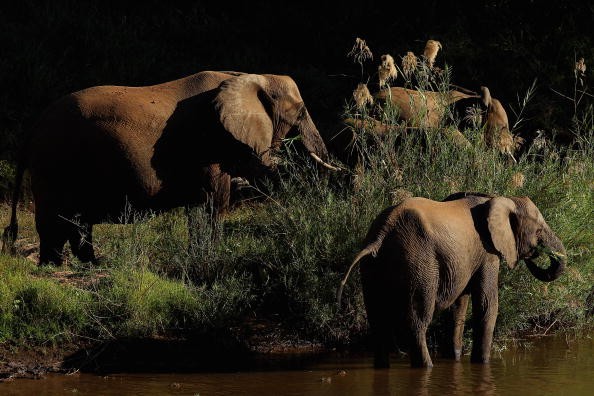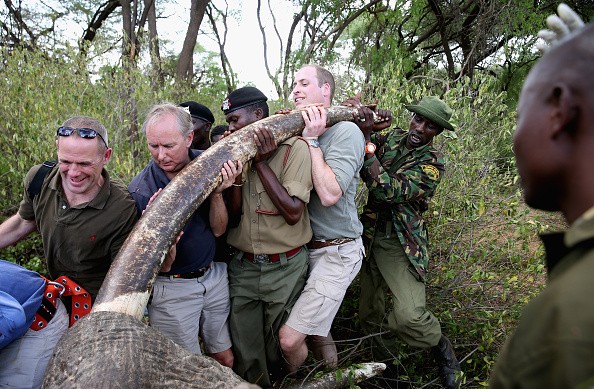
What do tech firms, online companies, and social media have in common? All made a pledge not to make their services a gateway for illicit wildlife trade. This commitment was announced Friday and made possible with the affiliation of World Wildlife Fund, the International Fund for Animal Welfare as well as TRAFFIC.
Based on the new policy, companies are looking to ban the trade of wild live animals and their body parts that are illegally obtained. These are endangered species including other animals that are protected. Included as well in the list are pangolin parts, turtle meat, and rhino horn, according to Mashable.
This is the first partnership between conservation organizations and several different companies.
"It is tremendously encouraging to see that leading online marketplaces and social media platforms are fighting back against wildlife cyber criminals to stamp out the illegal sale of endangered wildlife from their sites," Peter LaFontaine, campaigns manager for the International Fund for Animal Welfare, said in a statement.
The inclusive policy allows consumers to better understand shopping guidelines, verify forbidden merchandise, and eradicate the modus operandi that makes wildlife trafficking online less difficult for illegal poachers and hunters. Tech industry's unified effort declines the criminals' scheme of site hopping to prevent detection. These firms are collaborating to safeguard and preserve wildlife especially the endangered ones.
Companies that support the campaign include Etsy, eBay, Pinterest, Yahoo, Microsoft, Tencent, and Microsoft. The firms have embraced a worldwide, standardized wildlife principle structure in working with IFAW, TRAFFIC, and WWF.
Meanwhile, in celebration of the World Elephant Day on August 12, hundreds of organizations around the globe participated in media campaigns and events involving millions of people.

In a period of three years, a maximum number of 100,000 pachyderms were slaughtered for their ivory. In South Africa, poaching of rhinos soars to 9300 percent from 2007 to 2014. Tiger populace has decreased by 97 percent with only 3,900 roaming wildly and in the last 10 years, 1 million pangolins or more are poached.
With these tech companies partnering with conservation organizations, illegal wildlife trade is expected to be lessened if not eliminated totally. This collaboration will prevent syndicates from the practice of "whack-a-mole".



